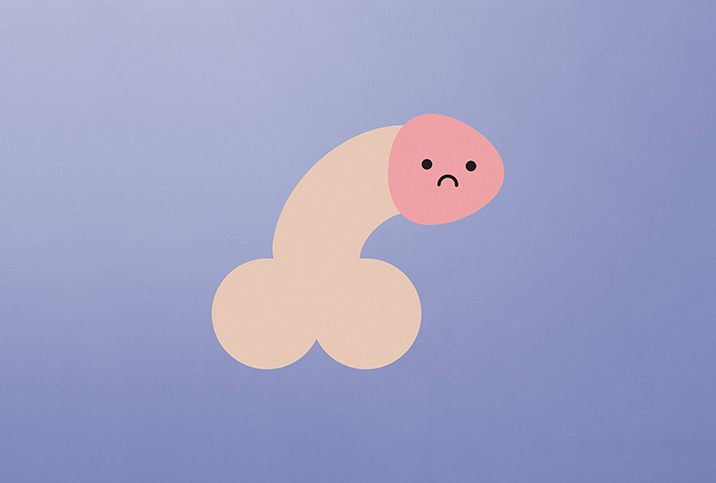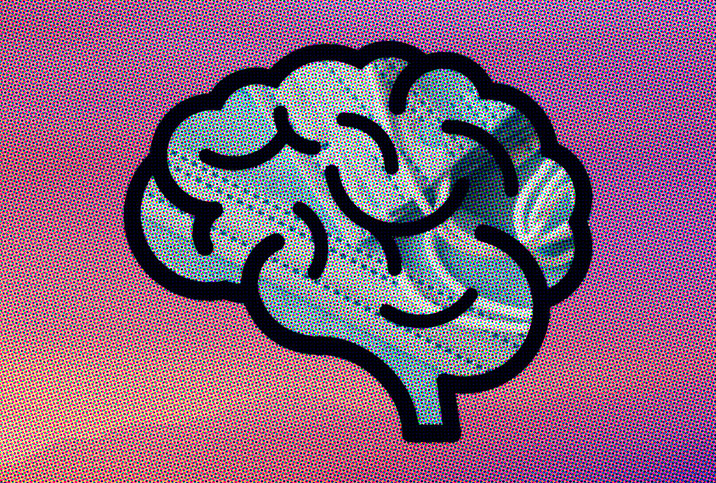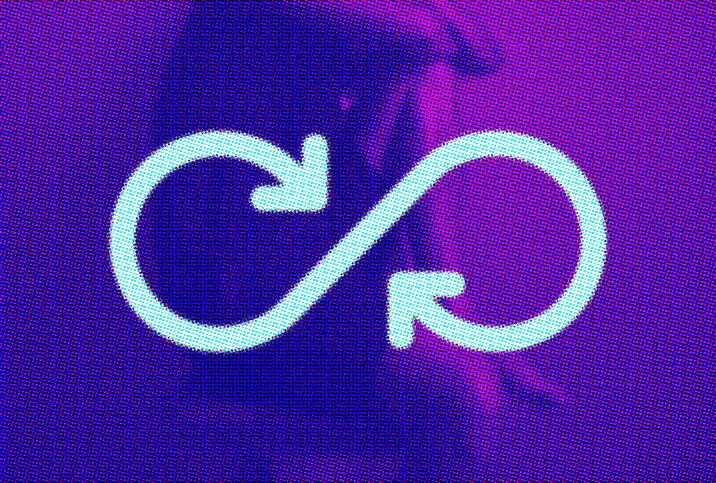How Older Men Can Deal With Depression and ED

The challenges we face as our bodies and minds undergo the natural (if often unkind) alterations that come with growing older can be daunting. Facing new aches, ailments and physical limitations can heighten depression in older men. To add insult to injury, older men encountering new bouts of depression often face a double whammy: Along with depression, erectile dysfunction (ED) increasingly targets men as they age.
Depression can worsen ED—just as ED can worsen depression. It's important for men to understand how the two conditions can feed off each other and snowball into something more difficult to overcome.
How does depression cause ED?
The old trope states that the brain is the body's largest sexual organ. And it's true: While we tend to think of sexual desire strictly in terms of our genitals, arousal depends on the brain having full buy-in, as well. Depression often prevents that.
Symptoms include fatigue, irritability, anxiety and feelings of worthlessness and guilt. And the impact isn't just mental. For older people, depression can also mean memory issues, personality changes, and even body aches and pains, according to the Mayo Clinic.
A lack of interest in pleasurable activities and a desire to avoid social contact are other hallmark symptoms of depression—overall, not a great recipe for sexy-time fun.
Here are a few ways that older men suffering from depression and ED can seek a path out of this vicious circle.
Check your heart
Ischemic heart disease involves narrowing of the arteries and poor blood flow, so it's no surprise that men can experience ED when they have these kinds of cardiovascular issues.
But as far back as 2003, a Journal of Clinical Psychiatry article noted that while it's clear this trio of conditions—ED, depression and heart disease—are interconnected, a "causal relation may be difficult to determine."
Despite not knowing which condition may have caused the others, an excellent first step toward combating ED, depression and cardiovascular issues is to get sufficient exercise.
After consulting your doctor, try to get a minimum of 150 minutes of cardio exercise per week, meaning as little as 30 minutes of brisk walking five times a week. Even this minimal amount of exercise goes a long way toward helping the blood flow needed for erections, fighting off depression and preventing heart disease.
Check your prescriptions
While you're talking with your doctor about an appropriate exercise program for your age and fitness level, be sure to discuss any medications you're taking and whether they might affect erectile function. There are entire classes of antidepressants linked with ED, including popular selective serotonin reuptake inhibitors (SSRIs) such as Prozac and Paxil well as serotonin-norepinephrine reuptake inhibitors (SNRIs) including Effexor and others.
The antidepressants less likely to cause ED are:
- Bupropion (Wellbutrin XL, Wellbutrin SR)
- Mirtazapine (Remeron)
- Duloxetine (Cymbalta)
Check yourself
It's a cliché, but it contains a heap of truth: Older men are often the least likely to talk about matters that are bothering them. The first step to overcoming issues such as depression and ED—and let's not forget, gentlemen, these are common medical problems—is to talk with someone.
The first line of defense on this front is your primary care physician, who has an inside track on advising you on your medications as well as your recommended exercise level.
But beyond that, it's important to remember that our modern understanding of how ED works leans heavily toward underlying physical causes. Talking with your doctor about ED is important not only as you figure out how to solve it, but also because erectile dysfunction can be an indicator of other serious medical issues. On top of that, your medical doctor should be able to recommend a therapist.
Older men may feel unable to share their feelings on these issues, but holding them in only makes common problems seem insurmountable. Talking with a third party trained in issues such as depression and ED can be a tremendous help.
Conclusions
The effects of aging don't have to include suffering from depression or ED with no relief. By undertaking some lifestyle changes, ensuring you're taking the right meds and talking with someone in the healthcare field, you can make great strides toward living a full, happy and sexually fulfilling life—no matter your age.


















